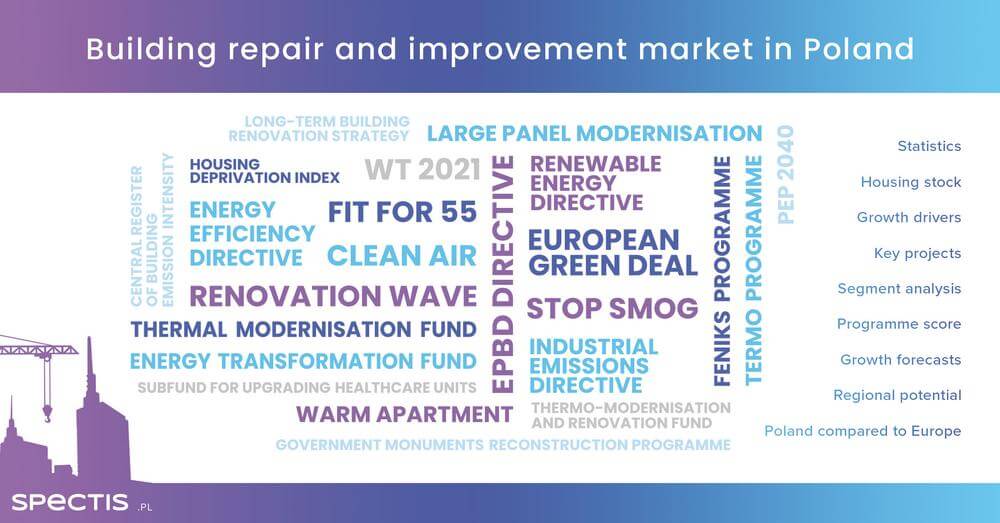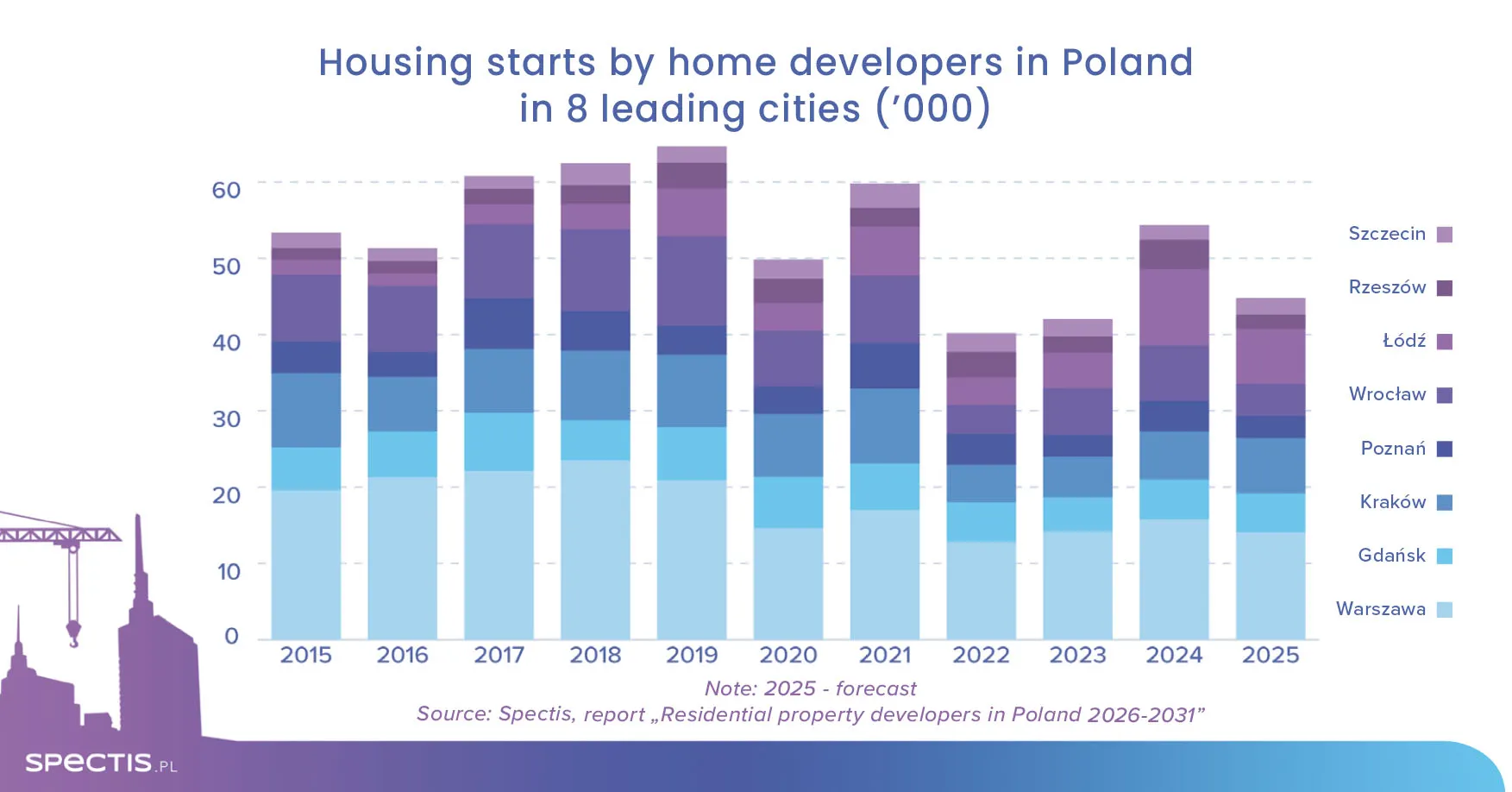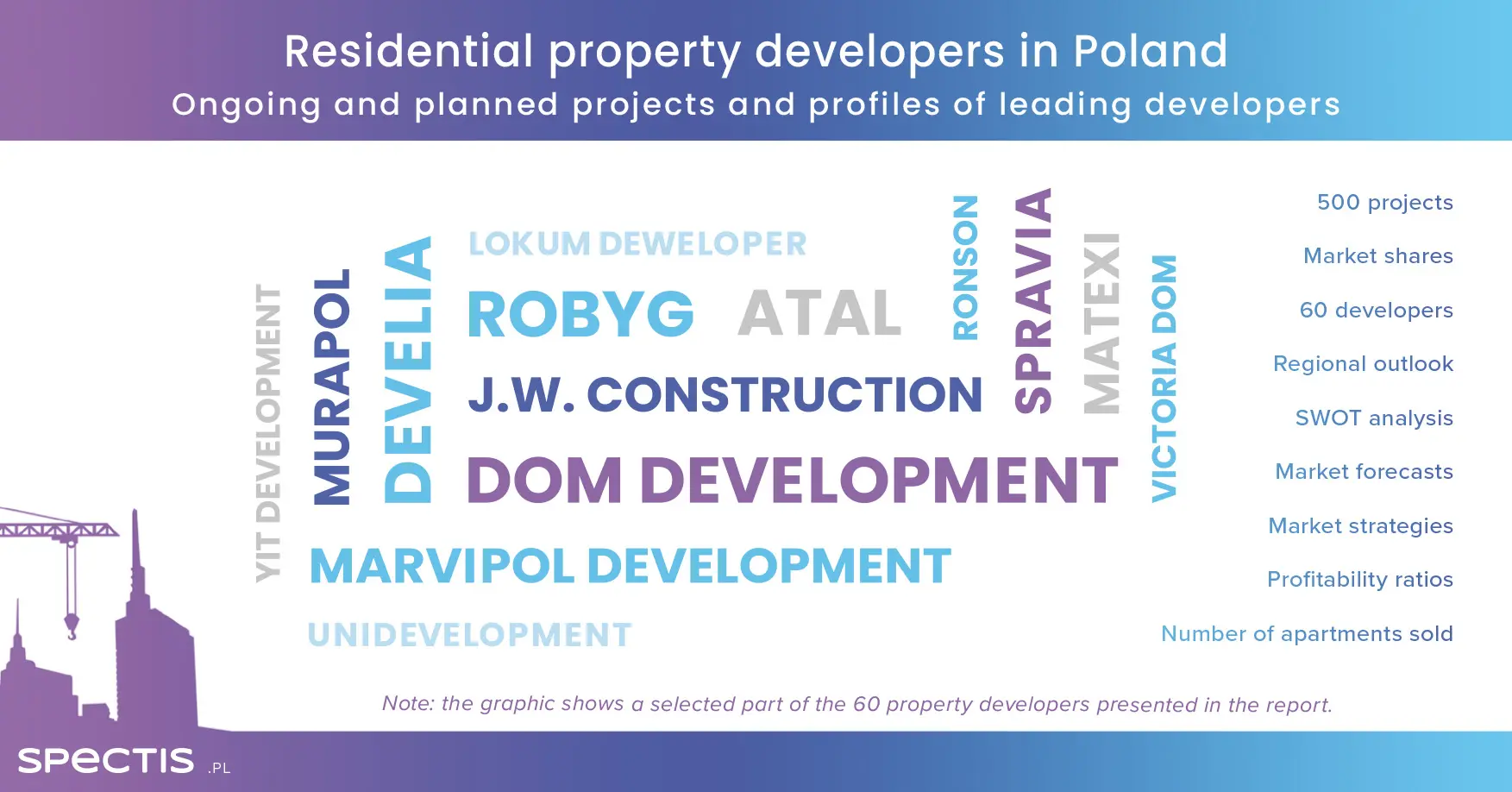On 12 March 2024, the European Parliament finally voted in favour of the updated Energy Performance of Buildings Directive, which will have a major impact on buildings in the European Union in the coming decades. The amended EPBD stipulates that all new buildings should be zero-emission as of 2030 (new buildings occupied or owned by public authorities should be zero-emission as of 2028). The Directive also requires modernisation of existing buildings.
The EPBD indicates that member states need to put in place measures to ensure a reduction in the average primary energy used of at least 16% by 2030 and at least 20-22% by 2035. New residential buildings in the EU will be required to deploy solar installations by 2030. As for fossil fuel boilers, they have to be phased out by 2040. Heat pumps will first replace solid fuel boilers and then gas boilers.

The objective behind amending the Energy Performance of Buildings Directive is to trigger a renovation wave for energy inefficient buildings in the EU. The main objectives of the amended Directive include: creating a clear path for low-emission buildings to transition to zero-emission in the EU by 2050 supported with national building decarbonisation plans, mobilisation of public and private funding for projects, incentives to use smart technologies for efficient building operation (automation and control systems), implementation of e-infrastructure in all buildings, establishing the smart-readiness indicator for measuring capacity of buildings to use novel technologies and electronic systems to adapt to consumer needs and optimise consumer operation and integration with the grid.
However, the updated EPBD has caused a lot of controversy. The concerns focus on several issues, including the volume of financing, both public and private, required to implement the necessary investment or fines that can be imposed on owners of houses or residential buildings who are unwilling or unable to meet the requirements of the amended EPBD.
In the long term, the EPBD will have a major effect chiefly on the building renovation market in Poland. Currently, nearly 70% of million residential buildings in Poland require upgrading, with around 16% of them being the so-called energy vampires classified in the lowest energy class.
For more details about the outlook for the Polish sector of building renovation and upgrades, see our report: "Building repair and improvement market in Poland 2024-2030".
Request a free sample of the report:
info@spectis.pl


